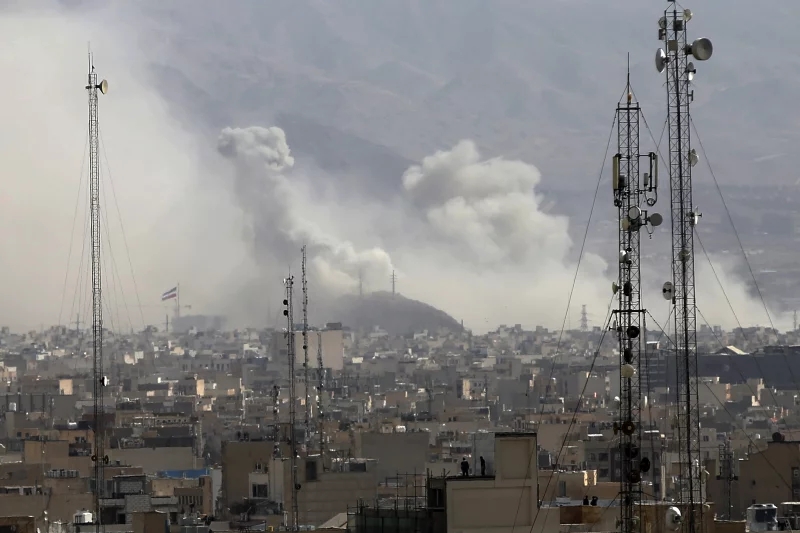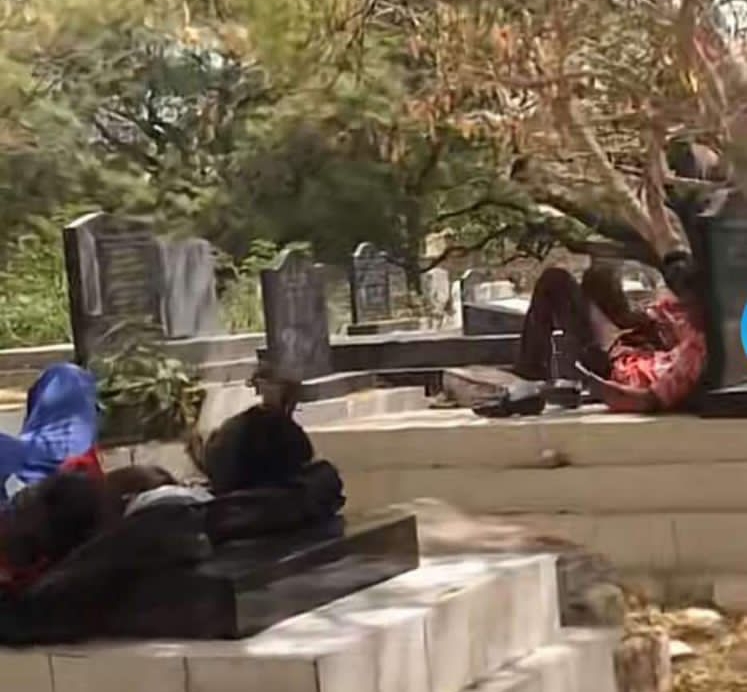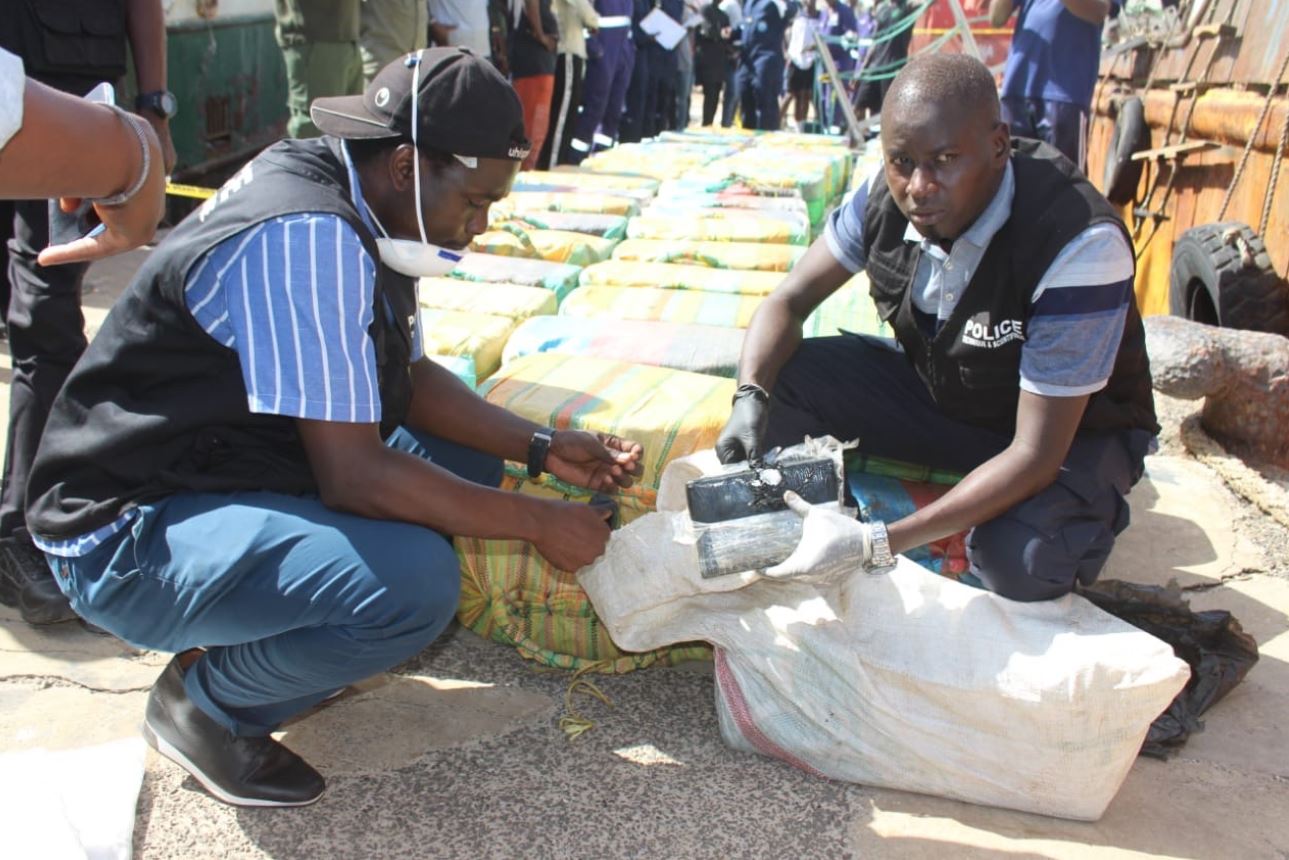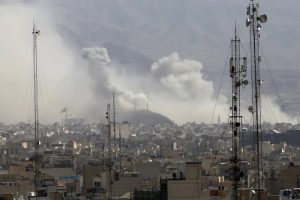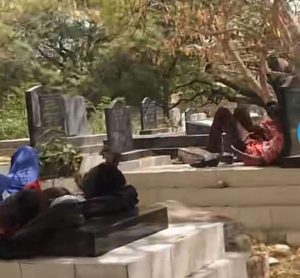Gambiaj.com – (DAKAR, Senegal) – Drug busts from Latin America to Europe have increased in recent months, forcing the authorities in Senegal to strengthen their means of combating them. The Senegalese customs officials have been intensifying their efforts to curb drug trafficking in the country.
On Monday, June 3, they intercepted a shipment of 33 kg of cocaine, valued at 2.7 billion CFA francs (4.1 million euros), on the road between Fatick and Kaolack. The cocaine was concealed in “hidden compartments of a foreign-registered Mercedes vehicle,” according to a customs communiqué. This seizure followed another significant find two days earlier, when 30 kg of cocaine, worth 2.4 billion CFA francs, was discovered in the doors and trunk of a vehicle near the Gambian border.
The frequency and volume of these drug busts are notable. In April alone, a ton of cocaine was intercepted in Kidira, near the Malian border, and 95 kg was seized on the road between Tambacounda and Koumpentoum. Additionally, three tons were confiscated from a ship off the Senegalese coast last December. “The recurrence of these seizures demonstrates the criminals’ intent to establish Senegal as a hub for organized crime,” stated Mbaye Ndiaye, Director General of Customs.
Since the early 2000s, West Africa has become a favored transit zone for cocaine from Latin America, especially Brazil, Colombia, and Peru, destined for Europe. Guinea-Bissau, south of Senegal, has played a significant role in this international drug trade, which has now spread geographically. As maritime routes between Latin America and Europe become more monitored, West Africa’s geographical position makes it a natural stop, particularly as the African route is less scrutinized, explained Lucia Bird, Director of the West Africa Observatory for Illicit Economies at the NGO Global Initiative Against Transnational Organized Crime (GI-TOC).
In its 2024 report on regional drug trafficking, the United Nations Office on Drugs and Crime (UNODC) noted the expansion of these traffics “in a context of increased cocaine production in South America and rising demand in Europe.” The UNODC reported that most cocaine arriving in West Africa heads to North Africa and Europe via maritime routes along the continent, and terrestrial routes through Sahel countries like Mauritania and Mali, which border Senegal.
In regions where armed groups flourish and large areas escape state control, the quantities of seized cocaine have surged from an average of 13 kg per year between 2015 and 2020 to over 41 kg in 2021 and 1,466 kg in 2022, according to the UNODC. Key players in this transatlantic drug trade include the Brazilian gang Primeiro Comando da Capital (PCC) and the Italian ‘Ndrangheta mafia, noted Lucia Bird.
Some dual nationals also play pivotal roles in coordinating drug trafficking logistics. In March, Senegal’s Central Office for the Repression of Illicit Drug Trafficking (OCRTIS) arrested two Franco-Senegalese individuals attempting to establish a trafficking route on the Transavia airline connecting Dakar to Marseille.
The battle against drug trafficking has claimed lives among security forces. On January 5, five members of the Senegalese navy disappeared at sea while boarding a ship suspected of carrying drugs. The crew allegedly opened the ship’s valves, sinking it within minutes as the commandos searched the holds.
“After terrorism in the Sahel and border security, drug trafficking is one of the most significant security and economic challenges for Senegal,” said Babacar Ndiaye, Director of Research at the think tank Wathi. Senegalese law enforcement leaders echo this sentiment, with one police commissioner emphasizing the state’s awareness and new resources being allocated to tackle the issue.
On June 5, the Senegalese navy received its third missile patrol vessel, the OPV 58S Cayor, enhancing its equipment program initiated by former President Macky Sall (2012-2024). The Cayor will soon join the patrol vessels Walo and Niani in combating illicit trafficking. Additionally, advanced technological equipment has been acquired to facilitate information gathering, analysis, and sharing on trafficking activities.
Beyond security, Senegal faces a growing public health problem. According to the UNODC, West Africa has transitioned from a mere transit zone to a region with high drug consumption. “Previously, we observed that between 5% and 8% of cocaine transiting through the region stayed there. Today, this rate has increased to 10%, even 17%. This indicates a developing consumer base at the regional level, which is a major concern,” warned Amado Philip de Andrés, UNODC’s Dakar-based representative, in January 2022.



